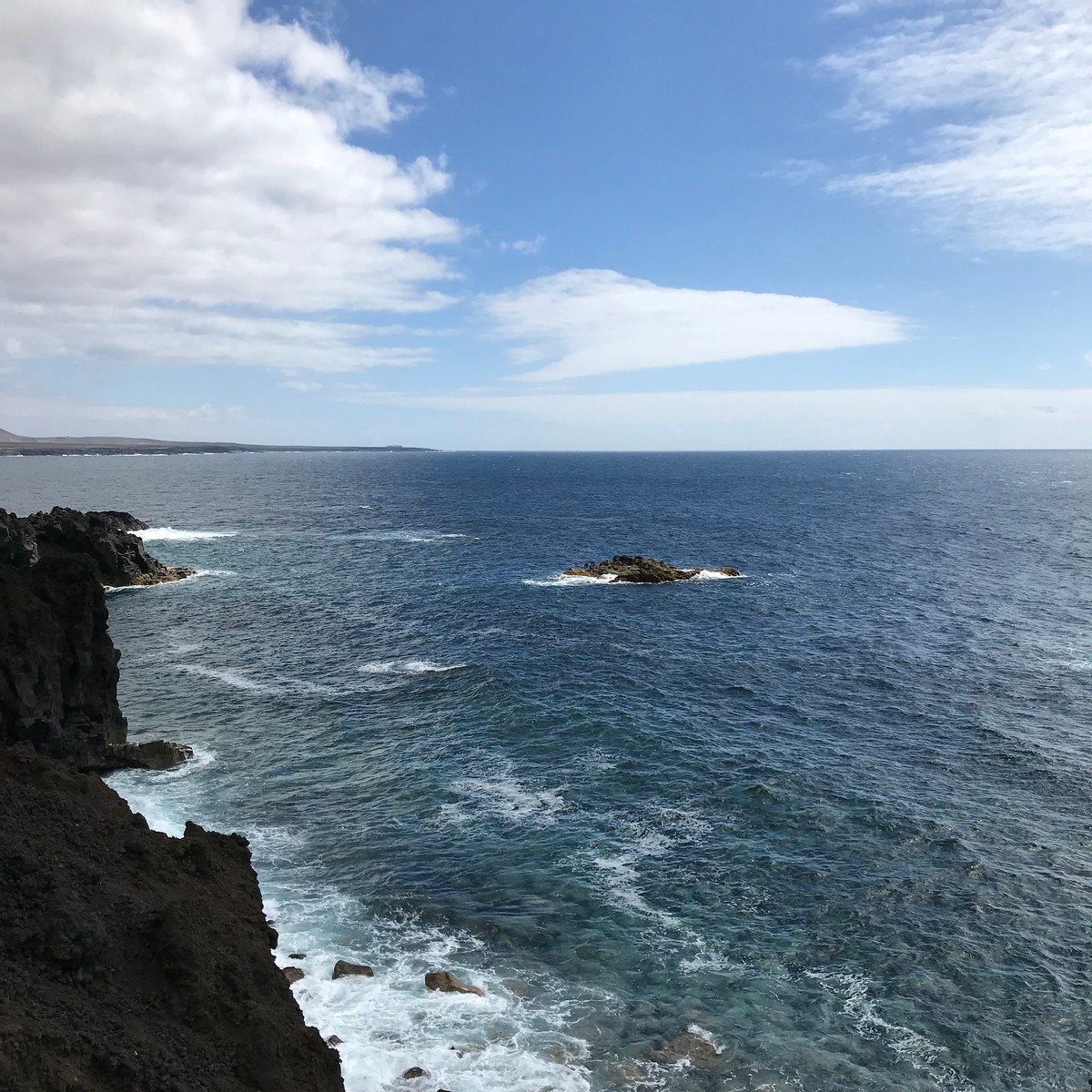
¿Tiramos una cerilla en la paja y escribimos algo sobre Israel y Palestina?
Esa es una frase que escribí en unas de mis primeras entradas aquí. Fue una broma, pero ahora yo quisiera retomar el tema y escribir un poco sobre mis pensamientos y mis sentimientos sobre Israel. Es un tema difícil, sobre todo porque soy alemán, un hijo del país que, en un pasado no tan lejano, cometió atrocidades inimaginables contra los judíos.
Los sucesos que hoy llamamos el Holocausto han estado presentes durante casi toda mi vida. De niño, con diez u once años, descubrí un libro sobre la exterminación de los judíos durante la Segunda Guerra Mundial en la estantería de libros en nuestro salón y, aunque todavía era pequeño, mi padre me explicó mucho de lo que había pasado en Alemania y Europa durante su niñez.
En los setenta del siglo pasado había una serie en la televisión alemana que solíamos ver juntos, como todo el resto del país. Se llamaba Holocaust y narraba la historia de una familia judía alemana desde los primeros años de su persecución hasta su asesinato en Auschwitz. Puedo recordar que algunas veces nos quedábamos casi llorando frente al televisor.
Todo esto me llevó a sentir cierta distancia con mi país. A menudo, cuando conocía a personas de la generación de mis abuelos, me preguntaba qué habrían hecho durante los tiempos del fascismo.
Desde mi adolescencia hasta ahora he visitado muchos campos de concentración de los Nazis. Son lugares con un ambiente mórbido y triste y todavía parecen estar llenos del sufrimiento de los prisioneros y de la crueldad de los guardias. Los prisioneros de esos campos, de los que hubo cientos en Alemania, eran en su mayoría opositores políticos. Sin embargo, la exterminación de los judíos, el Holocausto, tuvo lugar en Polonia lejos de la frontera alemana.
Continuará.
Para mí es muy interesante conocer el punto de vista de un alemán sobre el Holocausto ya que nunca lo he podido discutir con ninguno de los alemanes que conozco. Hace poco, vi una película que se llama Walk on Water sobre un alemán de Berlín (creo) que va a Israel a visitar a su hermana que está en un kibuts. No te cuento lo que pasó por si quieres ver la película. Pero está buenísima. Y tu publicación muy bien escrita!
https://en.wikipedia.org/wiki/Walk_on_Water_(film)
Gracias por estar dispuesto a escribir sobre un tema difícil y al mismo tiempo políticamente sensible. Nosotros quienes vivimos afuera de Alemania beneficiamos mucho al aprender más sobre sus pensamientos y ideas sobre esto. Mi experiencia es parecido a lo que describe @CocoPop. En el contexto canadiense, lo que pasa muchas veces es que cando hay una conversación sobre el Holocausto, por ejemplo, la gente se pone muy incómoda y suele cambiar de tema, aunque podríamos simplamente estar hablando de una película popular que ocurre durante esa época.
@CocoPop:
I think I have seen this film.
@Semaphoro
It may be the case that many Germans still feel uneasy when somebody starts talking about the Holocaust. But also many aren't at all. It is now part of our history. Especially for young people of today in Germany this is very far away now. It remains a big part of our history lessons in school and many classes make a trip to one of the remaining concentration camps of the Nazis to raise a certain awareness about the topic.
However when it comes to the discussion about "should we (as Germans) feel guilty or responsible for the Holocaust" there is alway a big "noise" going on, because some people still have a feeling of guilt even if they havent been born when the Holocaust happened while others (like me) reject to feel guilt or responsability for something that has been done by others long before their birth.
Perhaps I will drop some lines about this in Spanish in one of my next entries here.
I look forward to reading more if you continue to write about it here. Some years ago I read several accounts of the Rwandan genocide. Rather than feel guilty, I think it's important for people to understand that events like these occur in a certain context, and that human beings are ultimately capable of extreme depravity and cruelty under certain circumstances. If people are clear headed and aware about this, hopefully they are better positioned to reject social and political movements that express such tendencies. I recently read a book called, “The General’s Son” by Miko Peled which discusses the Israel-Palestine conflict. It helped me understand the situation in a more straightforward way than I had previously, and I appreciated the author’s perspective. For now, I'm not sure I would be able to write about a complex topic like this in anything other than my first language, so congratulations on being able to do it well in both Spanish and English!😊
@Semaphoro: Thanks and thanks for the book title. I will go more into my experiences later but it may take a while...
;-)